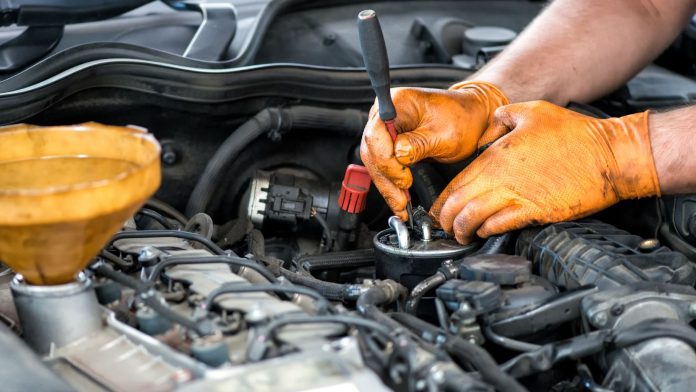Diesel engines are useful and powerful tools in both commercial and industrial applications. This is largely due to their high levels of efficiency and performance, which are made possible by fuel injection pumps. These devices regulate the amount of fuel going into the engine’s cylinders, allowing it to run at optimal speed and power levels. In this blog, we’ll explore the different types of fuel injection pumps used in diesel engines today. Stay till the end to read all about fuel pumps!
Distributor Fuel Injection Pump
The most common type of fuel injection pump for diesel engines is the distributor type. This pump consists of a single cylinder block with several channels that lead to individual cylinders. The distributor injects fuel directly into each cylinder sequentially as it spins around its axis, ensuring an even distribution of fuel across all cylinders. This type of pump is relatively simple yet efficient, making it an ideal choice for many applications.
Inline Fuel Injection Pump
Another popular option for diesel engines is the inline fuel injection pump. This type features multiple cylinders arranged in a line along its length, with each cylinder taking turns injecting fuel into the engine’s combustion chamber. The advantage of this design is that it can precisely control the amount and timing of fuel delivery to each cylinder, resulting in more consistent engine performance overall.
Continuous Fuel Injection Pump
Finally, there’s the continuous fuel injection pump which functions similarly to an inline model but has a single large cylinder instead of multiple smaller ones. This design allows for a continuous flow of fuel from one side to another—a feature that makes it ideal for larger engines where precise timing isn’t as important as reliability and power output. However, due to its size and complexity, this type of pump tends to be more expensive than other options on the market today.
How to Maintain fuel Injection Pumps?
Maintaining fuel injection pumps can seem daunting and complex, but it doesn’t have to be difficult.
- A regular cleaning schedule is essential to ensure the pump runs efficiently and smoothly over time. This should include removing dirt, oil deposits, and other contaminants that may build up.
- Additionally, periodic checks of valves, seals, and O-rings must be performed as they can suffer wear and tear easily.
- Lastly, replacing engine oil filters on a regular basis will help keep the fuel injection pump clean from contamination buildup. An investment in preventative maintenance ensures your pump will continue to run correctly for long periods of time with less risk of malfunctioning or breakdown.
Conclusion
No matter what type of diesel engine you have or what your needs are, there’s a suitable fuel injection pump out there for you. Whether you choose a distributor type, an inline model or a continuous one will depend on your specific application requirements but either way you can rest assured that your engine will be running smoothly thanks to these reliable devices. So, if you’re looking for ways to improve your engine’s performance, consider investing in one or more types of fuel injection pumps today!






